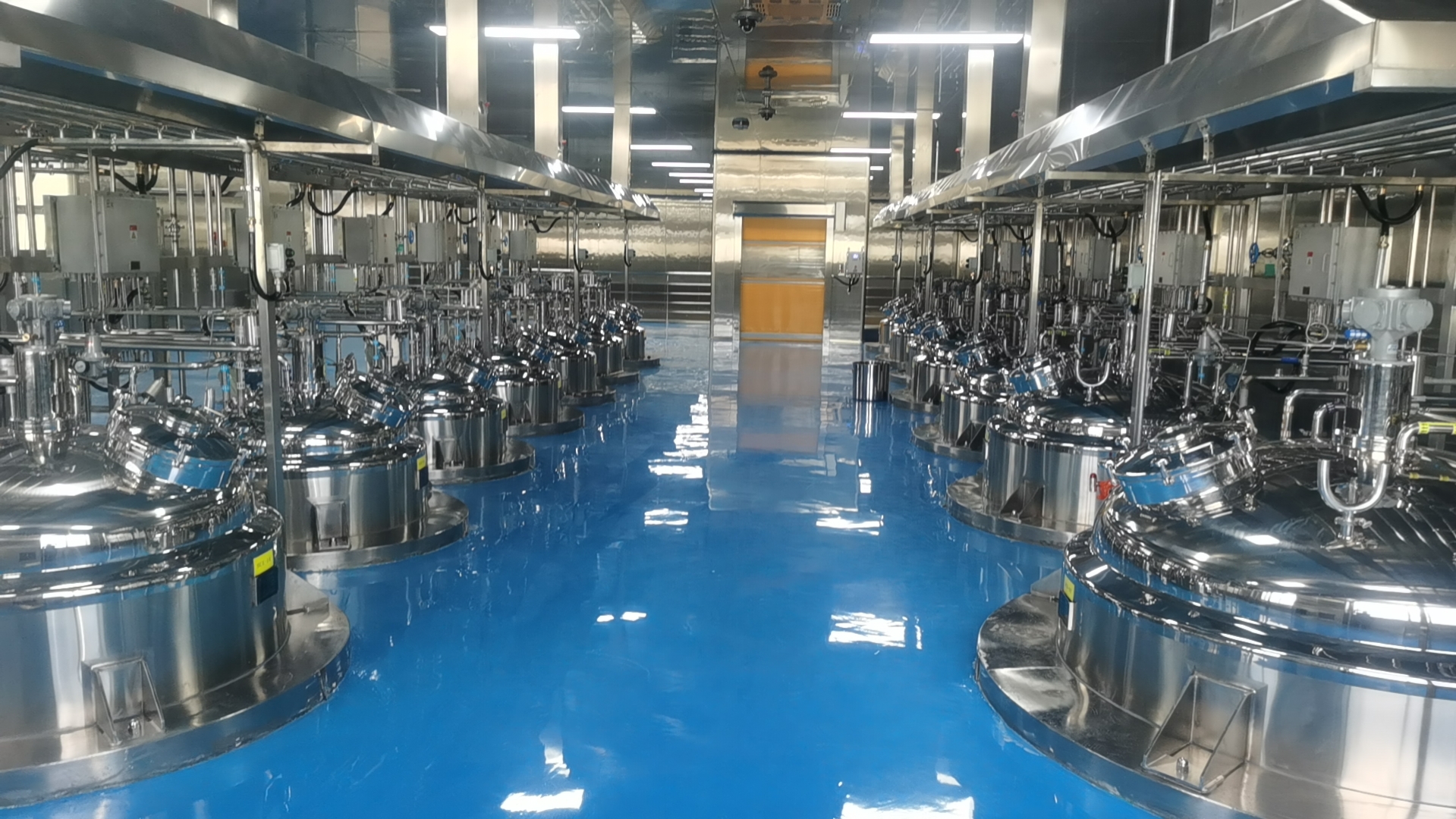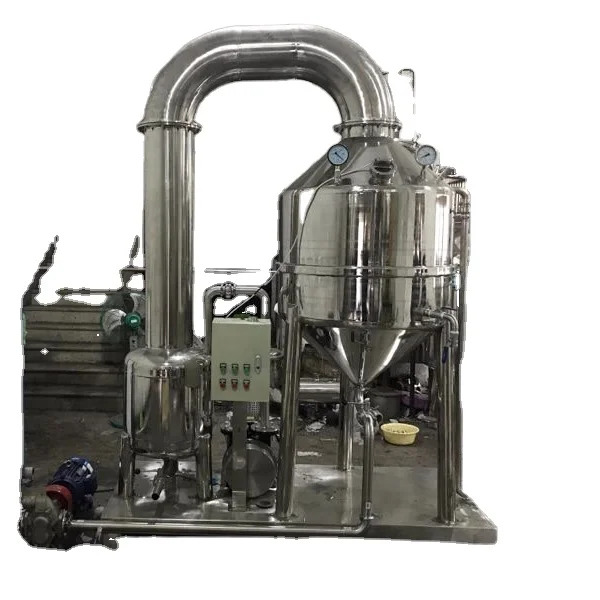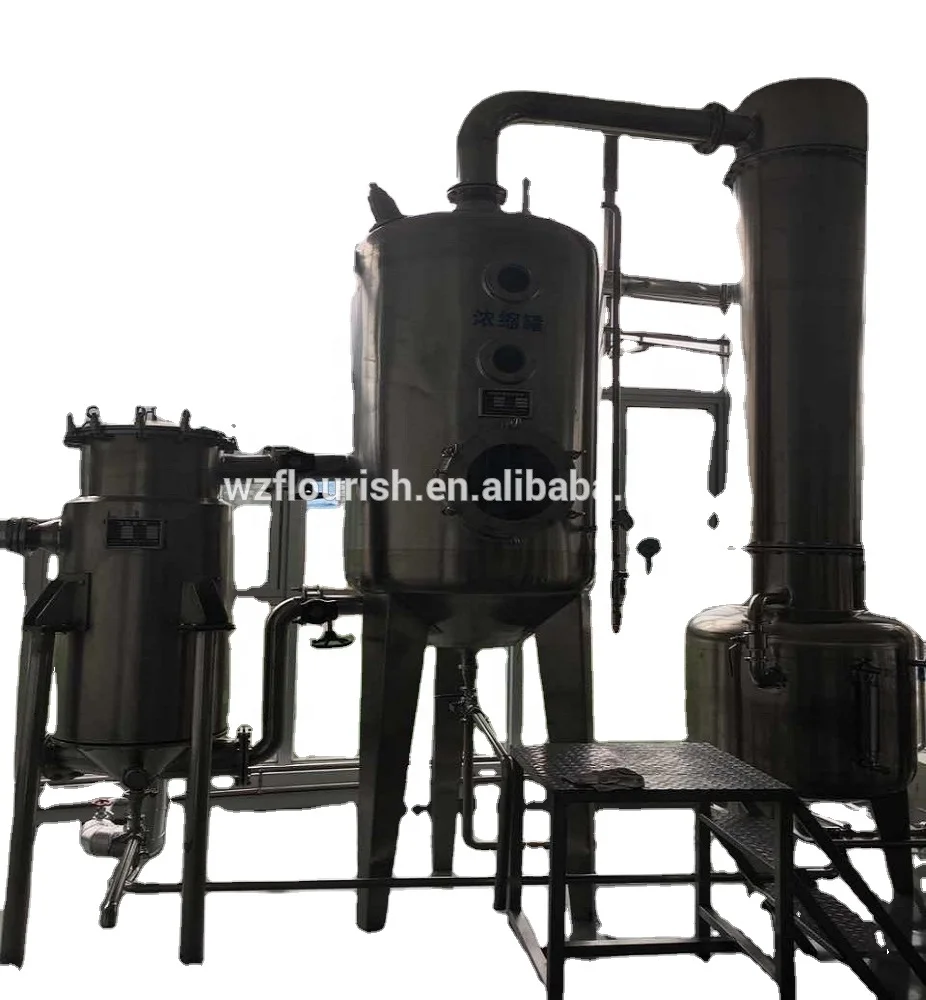
ABOUT
Wenzhou Vince Machinery Science Co., Ltd. was established in early 1980s. Our company covers an area of 6500 square meters and is an independent legal representative firm, possessing rich economic technology strength. Our company is a high tech enterprise and plays an important role in national dairy, foodstuff, pharmacy and machinery industries. We are a beverage machinery supplier.
Since the establishment, our company has mainly engaged in dairy products, foodstuff, beverage machinery, bean products, yellow wine, medicines and fermentation projects. What's more, our company supplies a complete sequence services in manufacturing, installation, test and personnel train, as well as the whole direction service design and consulting service on product project construction or enlargement artistic distribution engineering sets budget.
Comparing Vacuum Falling Film Evaporators to Other Systems
Vacuum falling film evaporators offer several advantages over conventional evaporators, making them a desirable choice for various applications. One key advantage is their high heat transfer efficiency. The thin liquid film flowing down the heated surface allows for rapid heat transfer, resulting in faster evaporation rates and increased productivity. Furthermore, the reduced pressure inside the evaporator lowers the boiling point of the liquid, facilitating efficient evaporation at relatively lower temperatures. This characteristic minimizes thermal degradation of heat-sensitive materials, making vacuum falling film evaporators suitable for handling delicate products.
Another advantage is their ability to handle viscous liquids with ease. The thin film design reduces the pressure drop and prevents the formation of a stagnant liquid layer, which can occur in other types of evaporators. This feature makes them suitable for processing materials with high viscosity, such as syrups, polymers, and food products. Additionally, vacuum falling film evaporators exhibit excellent product quality due to minimal product residence time and low shear forces. This minimizes the risk of product degradation or fouling, resulting in high-quality concentrates and distillates.## Comparison with Other Evaporation Systems
When comparing vacuum falling film evaporators with other evaporation systems, it is crucial to consider the specific requirements of the application. For instance, compared to traditional batch evaporators, vacuum falling film evaporators offer continuous operation, increased productivity, and improved energy efficiency. They are also more versatile and can handle a wider range of feedstocks and product requirements.
However, compared to other types of continuous evaporators, such as forced circulation evaporators, vacuum falling film evaporators may have a lower evaporation capacity. This is due to their reliance on gravity for liquid flow, which limits the maximum throughput achievable.
Furthermore, while vacuum falling film evaporators excel in handling viscous liquids, they may not be suitable for all types of materials. For example, liquids with high solid content or those containing suspended particles may require alternative systems to prevent clogging and maintain smooth operation. ## Disadvantages of Vacuum Falling Film Evaporators
Despite their advantages, vacuum falling film evaporators also have some disadvantages. One significant limitation is their sensitivity to fouling. The thin liquid film flowing down the heated surface can easily become contaminated with deposits, leading to reduced heat transfer efficiency and increased energy consumption. This can be mitigated through proper cleaning procedures, but it remains a crucial factor to consider in selecting an appropriate system.
Another limitation is the need for specialized equipment and expertise for operation and maintenance. Compared to other types of evaporators, vacuum falling film evaporators require more careful design and construction, along with specialized knowledge for proper operation and troubleshooting. This may increase initial investment and operating costs.## Conclusion
Vacuum falling film evaporators offer numerous advantages, including high heat transfer efficiency, minimal product degradation, and the ability to handle viscous liquids. However, it is essential to weigh these benefits against potential limitations, such as susceptibility to fouling and the need for specialized equipment and expertise. By carefully considering the specific requirements of the application and weighing the advantages and disadvantages, engineers and operators can make an informed decision regarding the suitability of vacuum falling film evaporators for their specific needs.
SUBSCRIBE
INQUIRY





